Ananas pineapple fabric - a commercial product made from pineapple silk and fiber by ECOFA, was first launched, attracting the startup community and green fashion product supporters.
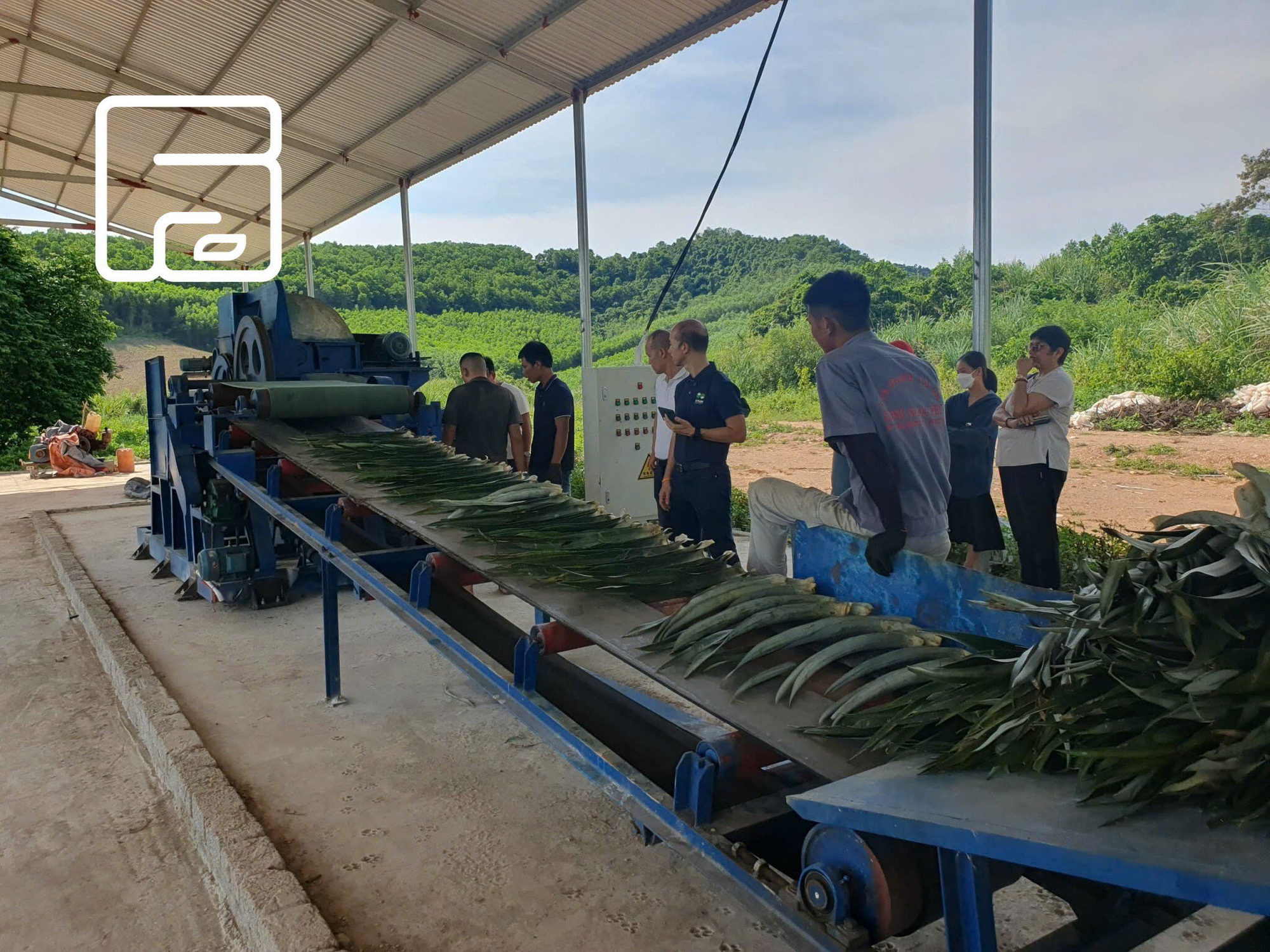
ECOFA pineapple fiber separator, one end for leaves, one end for fibers. This is the first step to make ecological pineapple fabric - Photo: D.N
This is the first milestone of ECOFA, a start-up founded in 2021 from the bold idea full of entrepreneurial spirit of young mechanical engineer Dau Van Nam (32 years old) producing silk and pineapple fibers to make ecological pineapple fabrics.
Desire to start a business
After graduating from mechanical engineering, he went to Japan to work as a mechanical and machinery designer at a Toyota partner company. But Dau Van Nam always had the intention of returning to Vietnam to start a business.
Working in Japan for 6 years, he considered it a stepping stone to learn and accumulate experience from a world-leading country in manufacturing machinery and equipment. He himself always looked for ideas to start a business back home, he ended his 3-year assignment with many ideas but was not sure of any of them.
"Once by chance I went to a Japanese bar and was introduced to Tequila. I was curious and searched online to learn more and learned the story of the blue agave plant. Mexicans roast the roots to make wine, and the leaves are separated into fibers to make fabric and rope," said Nam.
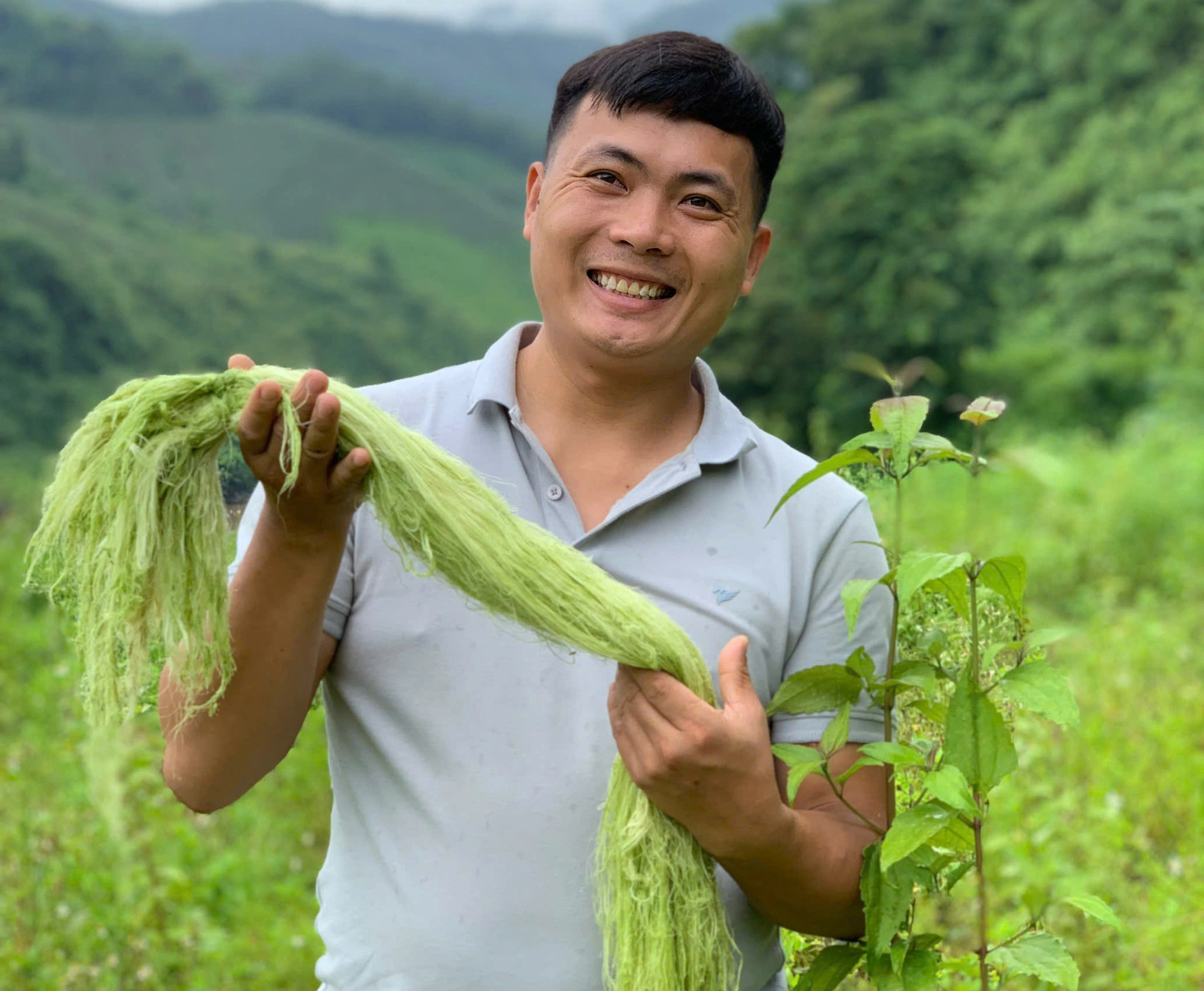
ECOFA founder Dau Van Nam always longs to return to Vietnam and uses his time in Japan to learn and accumulate capital for his startup journey - Photo: D.N.
That story gave Nam the idea to search for a similar plant in Vietnam. A friend from Nghe An said that his hometown grows a lot of pineapples but has never seen anyone make fiber.
Returning home, he learned that Ninh Binh, Thanh Hoa, Nghe An and many other provinces in the West grow a lot of pineapples. The raw material area is considered feasible for production.
Back in Japan, Nam studied the machines more deeply and found the first companions to realize the idea.
"After 2 years of researching the market as well as the features of pineapple fabric and the direction of the start-up, I felt the idea was clear so I decided to establish a business in 2021," Nam said.
Everything from zero, they started by separating the pineapple fibers by hand, taking the first fiber sample, then knocking on the doors of teachers and experts to determine whether it was possible to spin fibers from pineapple leaves.
Six months later, the first raw fiber separator was built with the support of teachers and classmates in Vietnam. The first pineapple fiber bundles were born.
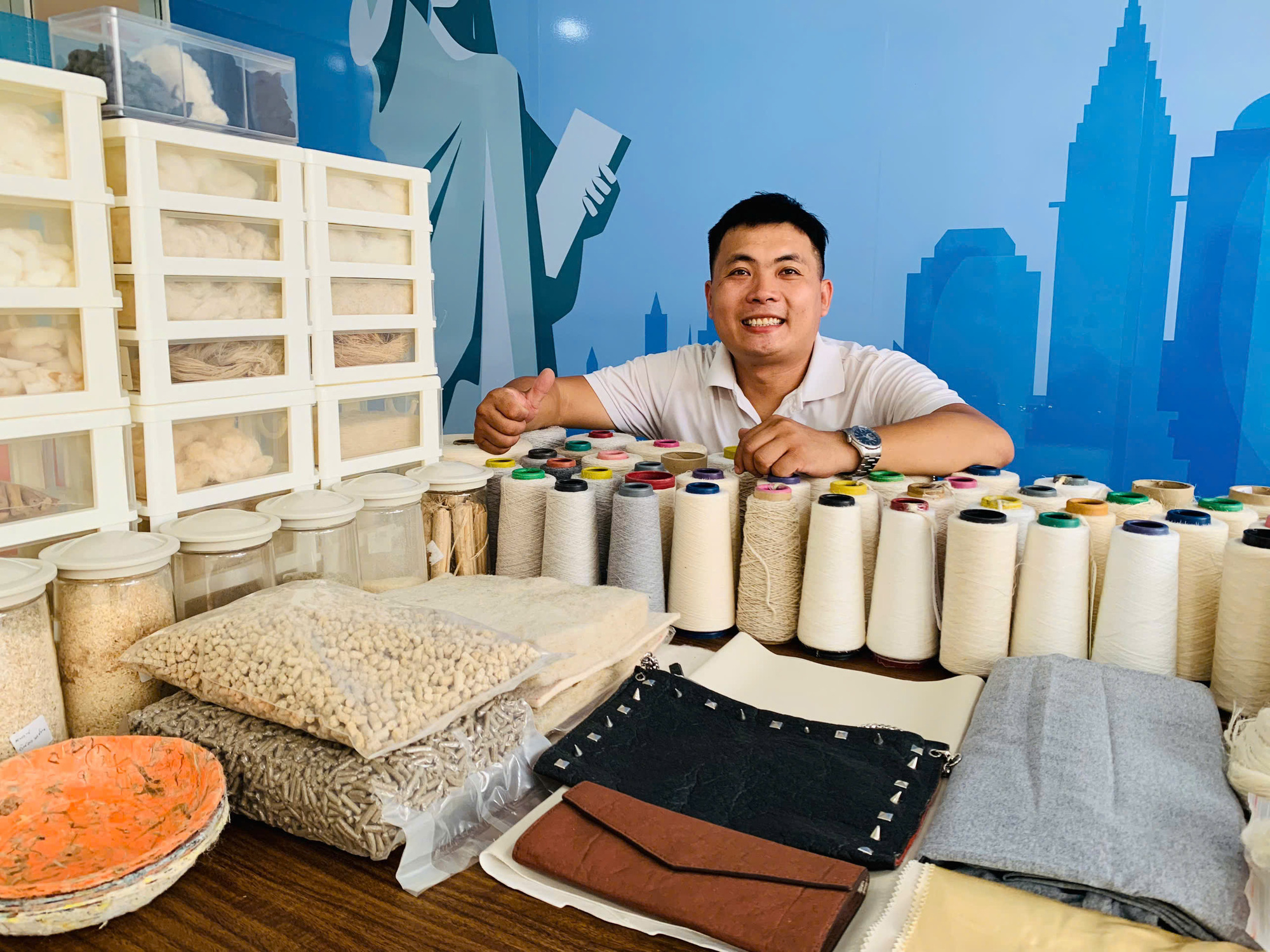
Founder Dau Van Nam with products from pandan leaves including pineapple fibers and products made from by-products of the process of making silk and pineapple fibers - Photo: D.N
Silk, yarn and pineapple fabric products "made in Vietnam"
In pineapple growing areas, after harvesting, pineapple leaves are just waste, often sprayed with weeds and burned by farmers. In flatter areas like Nghe An, they use chopping machines and burn them, which is both labor-intensive and pollutes the environment.
ECOFA's biggest breakthrough was the successful manufacture of pineapple fiber cottonizing machinery, converting pineapple fiber from a very long fiber form into a cotton-like form. Thanks to that, it is possible to spin yarn on short fiber spinning machines, producing on a mass scale.
That premise is very important for ECOFA to join hands with Bao Lan Textile - a strong brand in research and development (R&D) of ecological fabric fibers, linked to a network of spinning and weaving factories.
ECOFA's pineapple silk creates diverse products such as jeans, elastic, towels, woven fabrics, knitted fabrics...
"Each month, ECOFA is supplying Bao Lan with 4 tons of pineapple fiber. The main result is that ECOFA basically packages the pineapple fiber production process from the raw material area to the pineapple fabric in a closed cycle, producing "made in Vietnam" pineapple fabric.
All stages are done by automatic machines and equipment manufactured by ECOFA, including an automatic fiber production workshop and a cottonization workshop along with 5 cooperatives," Mr. Nam proudly said.
After completing the first semi-automatic pandan fiber separator at a cost of 150-200 million VND, ECOFA replicated 15 machines and distributed one to each household, then collected the fibers. Many lessons were learned by the young engineers, at times it seemed like failure.
"When the machine was distributed to pineapple growers to separate the fibers themselves, the output was very low, sometimes 5 or 10 kilos, without any standard. The cost per kilo of pineapple leaves was up to 2,000 VND," Nam said about his first failure.
In early 2022, he began researching the automatic pineapple fiber separator. In June of that year, he officially launched the ECOFA automatic fiber separator model "one end for leaves, one end for fibers".
In this machine improvement, ECOFA changed the way they do things. They cooperated with cooperatives to buy pandan leaves from people in neighboring areas, and organized their own collection to bring pandan leaves to the factory for centralized production.
These two changes helped ECOFA overcome the first challenge. Each shift, the automatic fiber separator has a capacity of 200kg, equivalent to 10 tons of fresh pandan leaves. The collection price has decreased to 800 VND/kg of fresh pandan leaves.
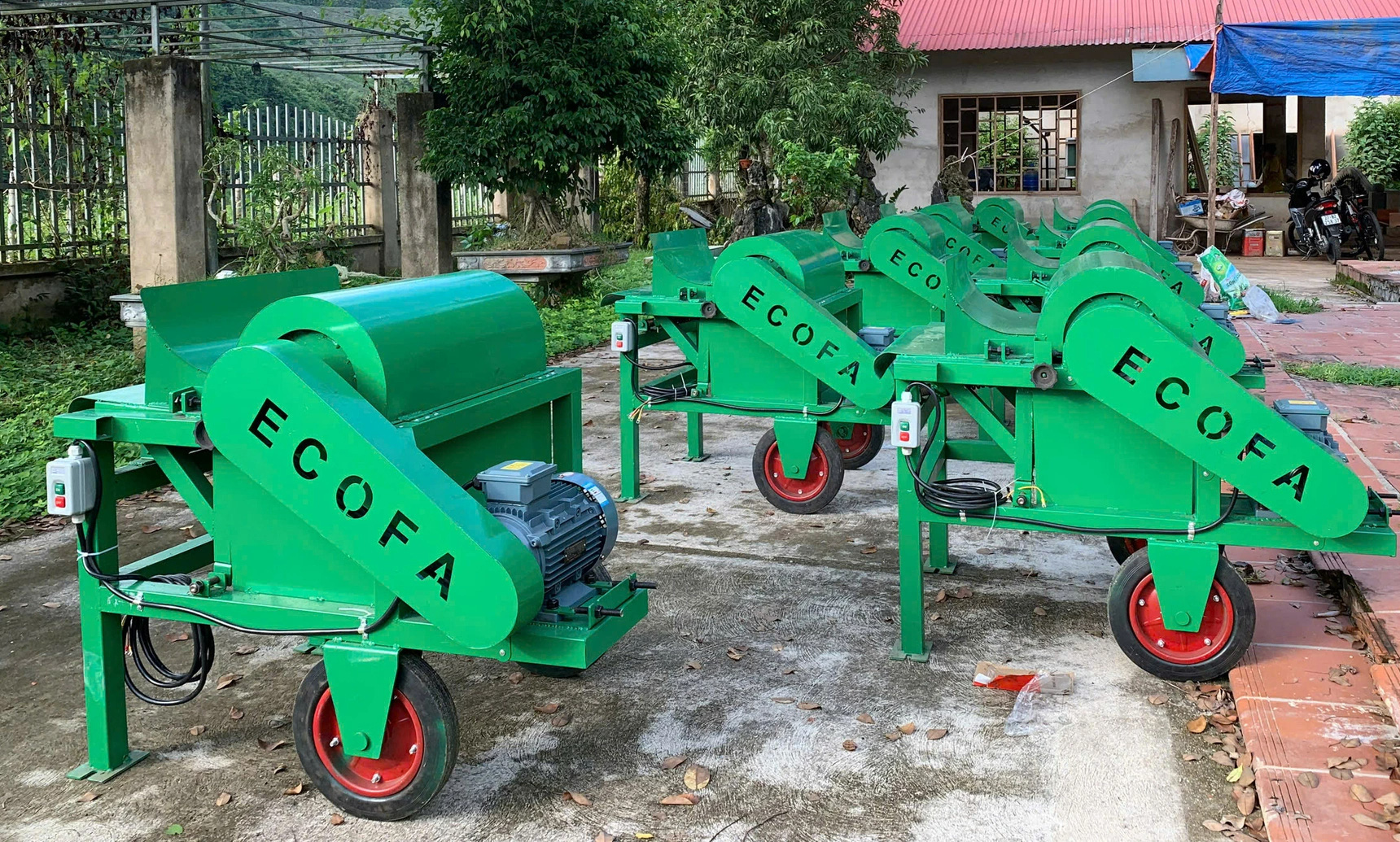
ECOFA pineapple fiber production machines "made in Vietnam" - Photo: D.N
Currently, ECOFA wants to find cooperatives, local agricultural service companies, and investors to jointly invest in machinery, thereby expanding production.
Assessing the potential of pineapple fabric, Mr. Nam said that if the entire raw material area is exploited, 2 million tons of leaves can be exploited each year. With a fiber ratio of 2%, 40,000 tons of pineapple leaf fiber will be obtained.
However, ECOFA's immediate goal is to meet the capacity of the spinning mill, supplying 50 tons of pineapple fiber/month.
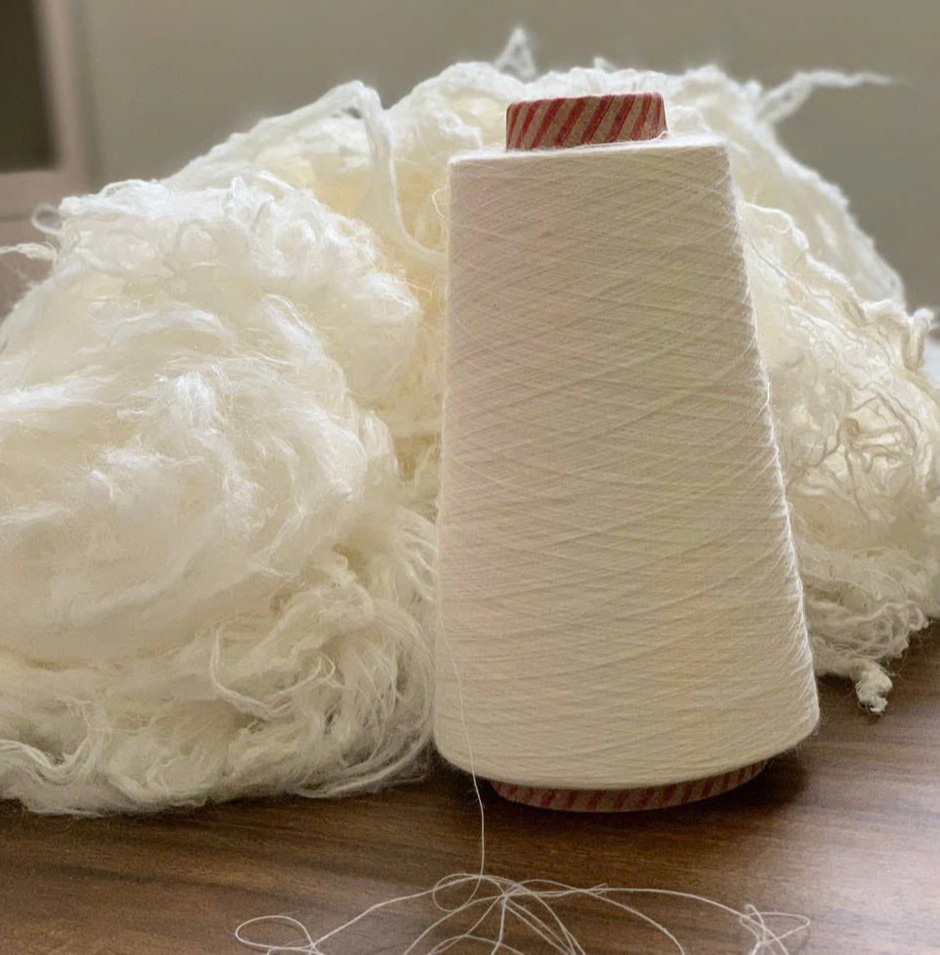
ECOFA has achieved a breakthrough that creates the premise for the production of pineapple fabric on an industrial scale. That is the process of cottonizing pineapple fiber so that it can be spun and woven - Photo: D.N
11 products from waste products of pineapple fabric production process
According to CEO Dau Van Nam, pineapple fabric products, from the time of separating the pulp, spinning the fibers from fresh pineapple leaves to make fabric, all by-products are collected to make other products. Currently, there are 11 products being researched by ECOFA.
"After separating the fibers, the residue can be used to compost organic fertilizer, ferment as animal feed, as fuel or to make other products such as mushroom growing medium, disposable paper towels...
ECOFA is also researching solutions to make bio-leather and mattresses from pineapple, but currently these products are not commercially available and are mainly used for composting, animal feed, and pellets for burning in furnaces," Mr. Nam informed.
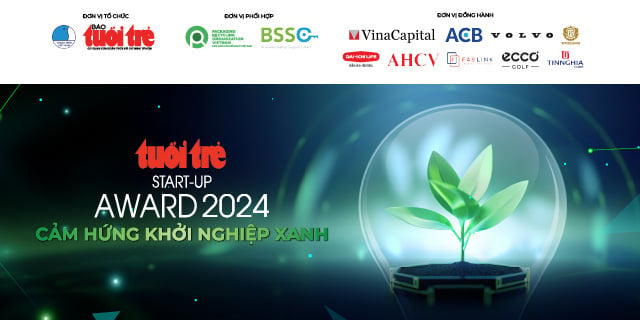
Honoring outstanding startups
Tuoi Tre Start-up Award 2024 by newspaper Youth and the Ho Chi Minh City Youth Union, in coordination with the Business Startup Support Center (BSSC) and the Vietnam Packaging Recycling Alliance (PRO Vietnam).
The judging panel will contact and connect with startups through the special Coffee Talk judging format. The promising startups will be honored at the gala scheduled to be held on November 10.
The finalists will receive funding from the following organizations: VinaCapital, ACB Bank, Volvo, KN Group, Dai-ichi Life Vietnam, An Hoa, Faslink, Ecco Golf Vietnam, Tin Nghia...
The special prize (100 million VND) from the program's advisory board is Mr. Pham Phu Ngoc Trai - Chairman of PRO Vietnam.
Source: https://tuoitre.vn/ecofa-voi-vai-dua-made-in-viet-nam-20241028091013008.htm





![[Photo] Visiting Cu Chi Tunnels - a heroic underground feat](https://vstatic.vietnam.vn/vietnam/resource/IMAGE/2025/4/8/06cb489403514b878768dd7262daba0b)


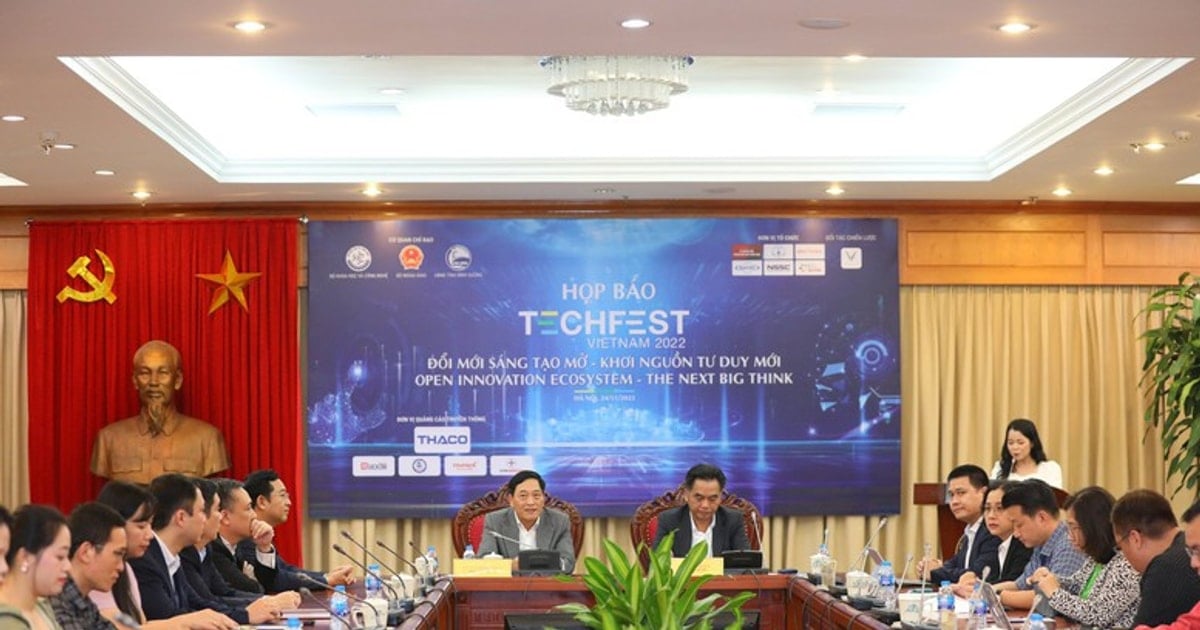

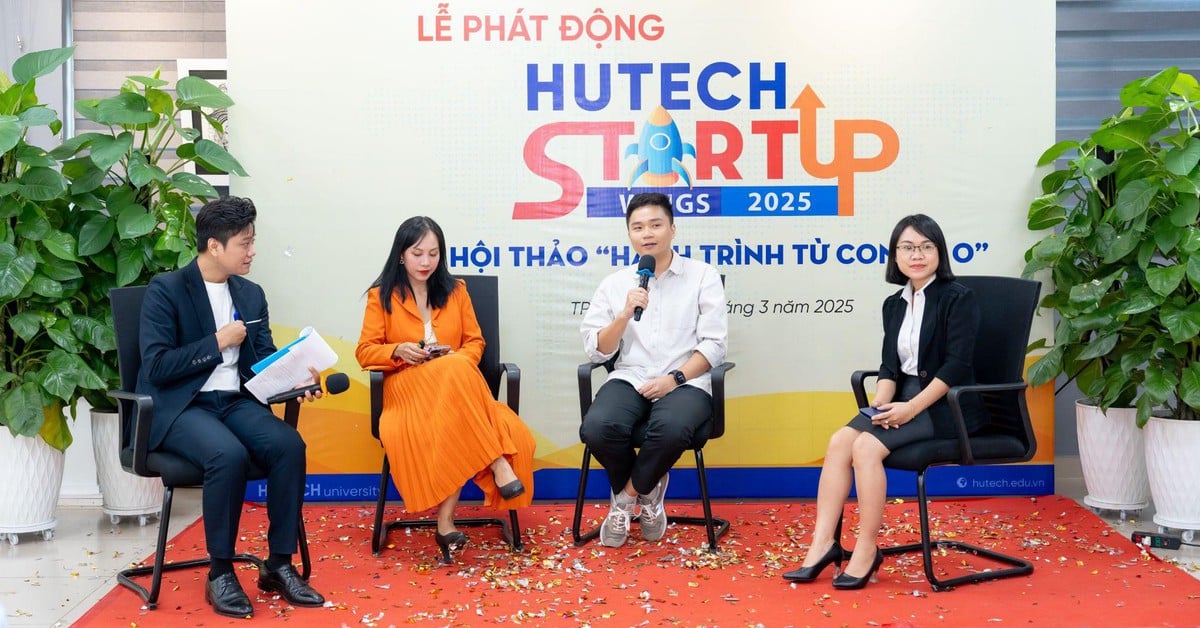



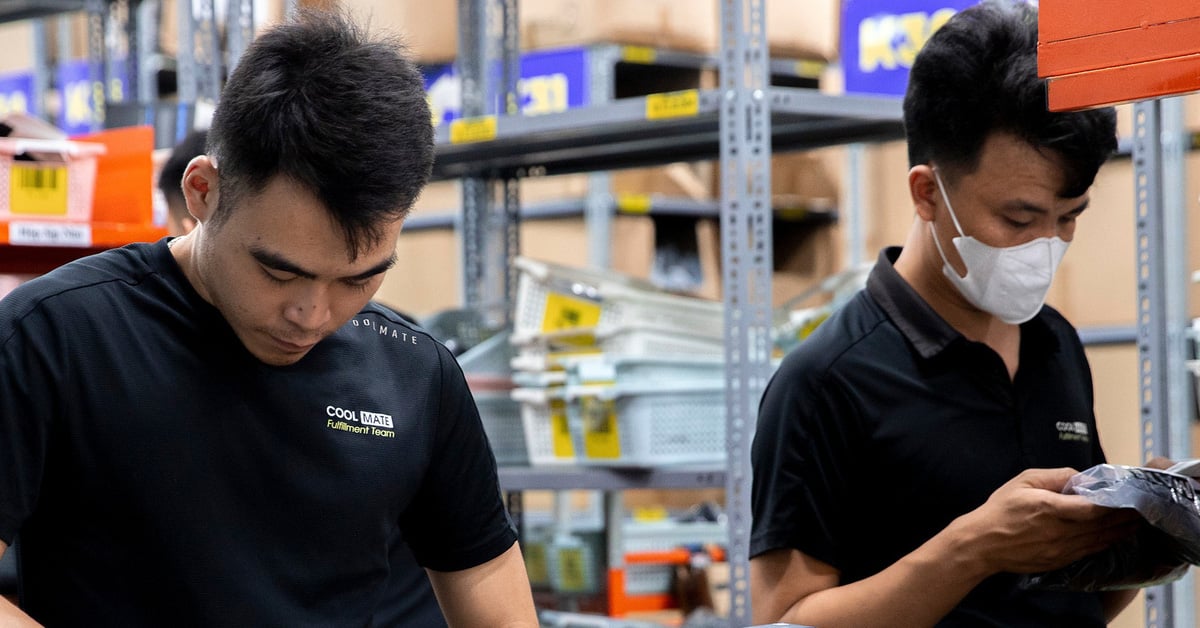
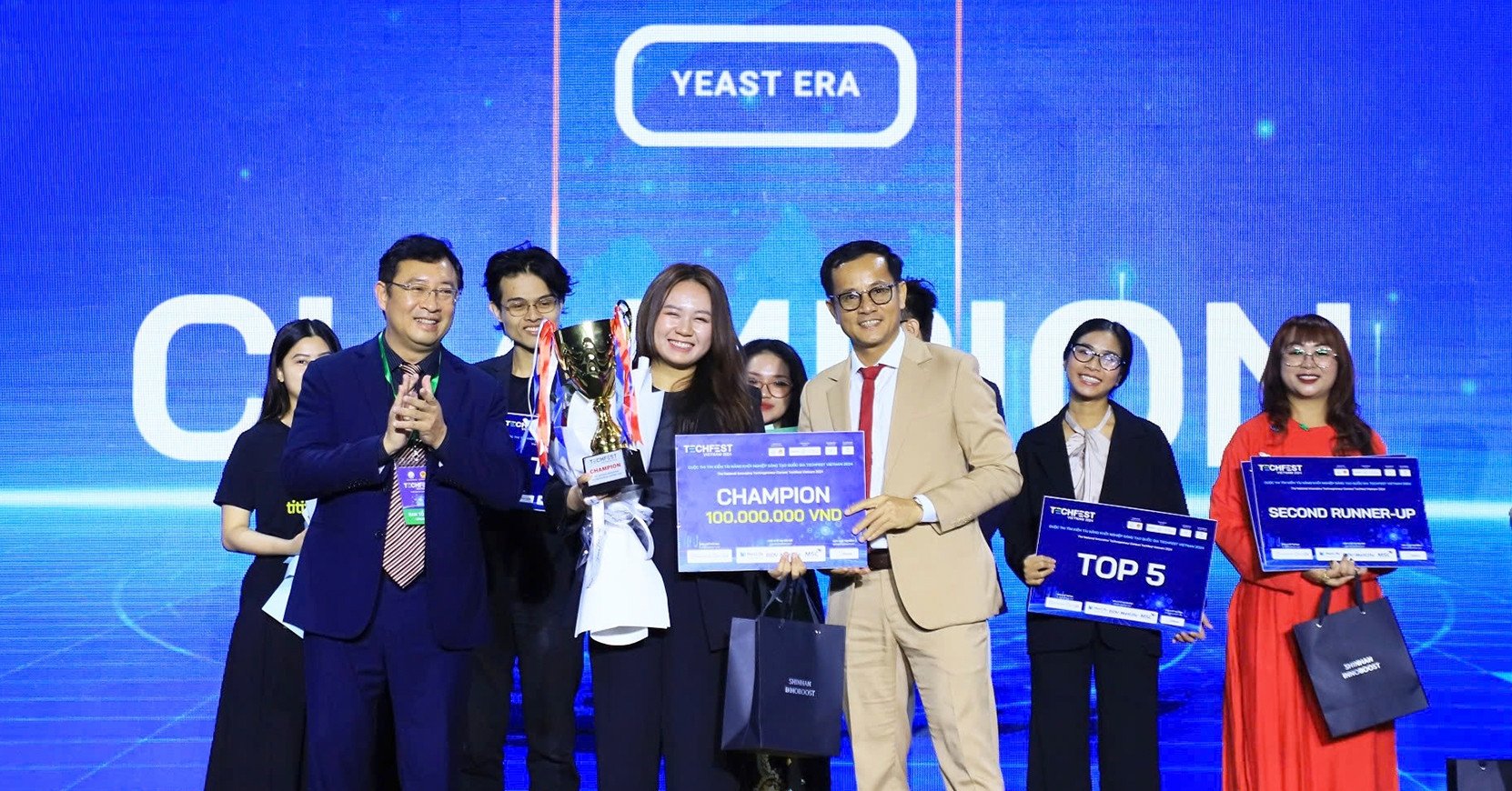

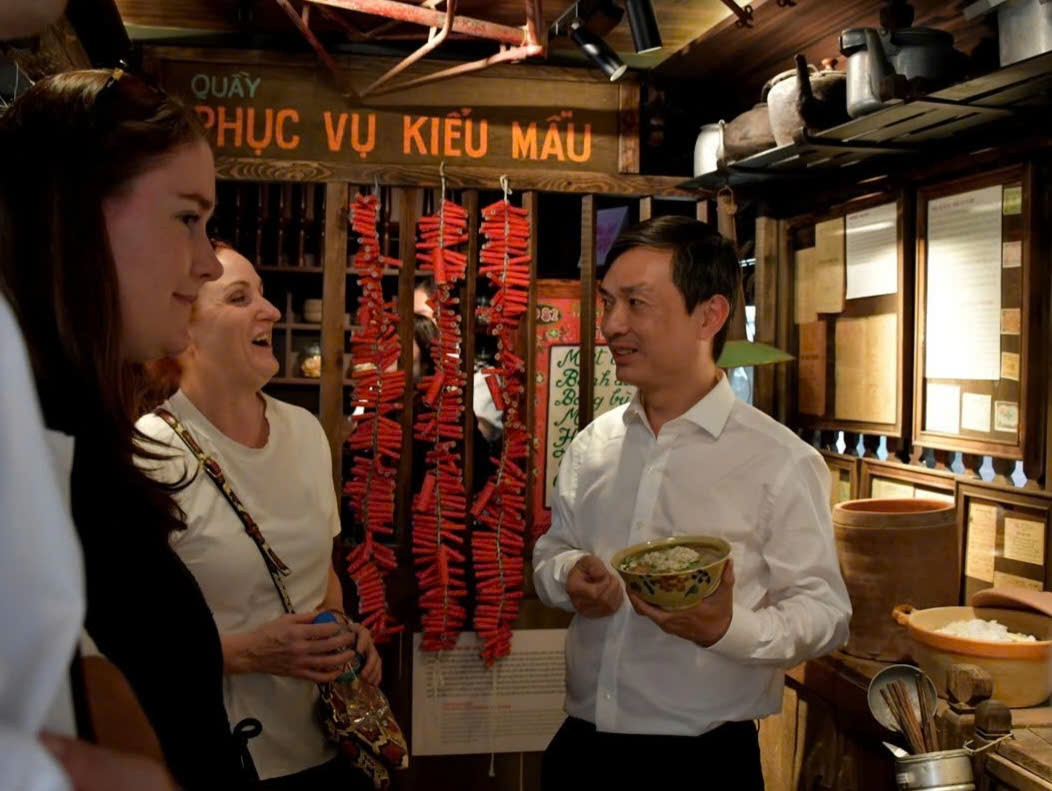
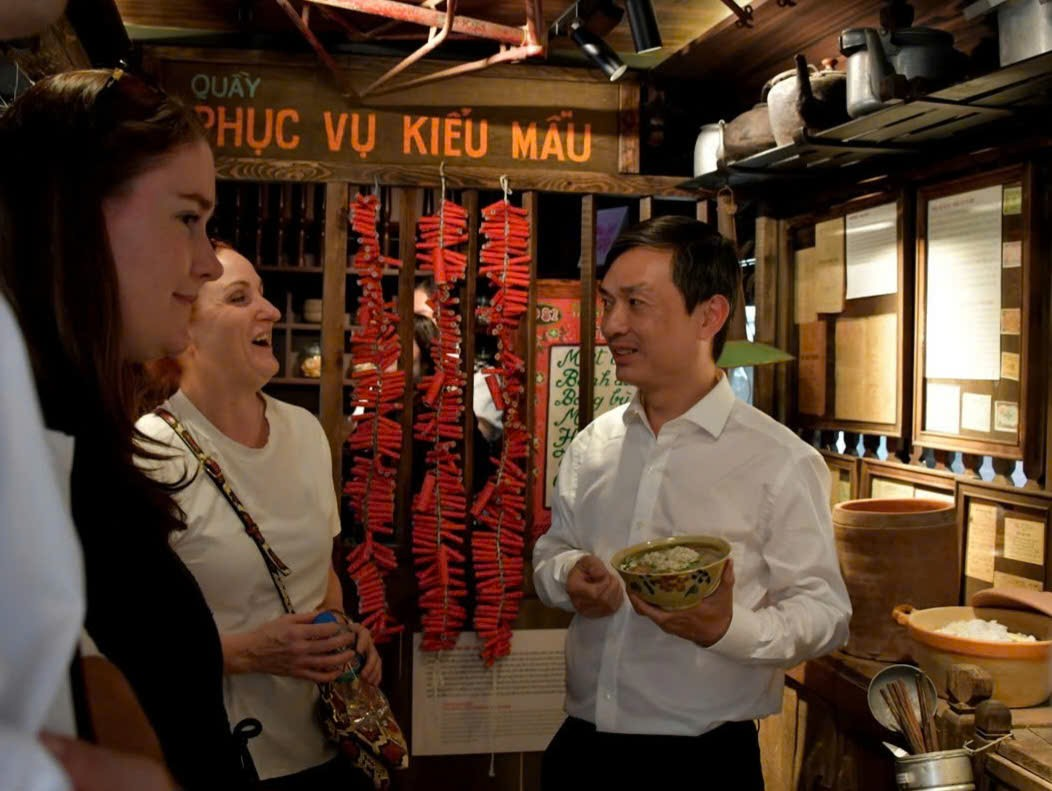
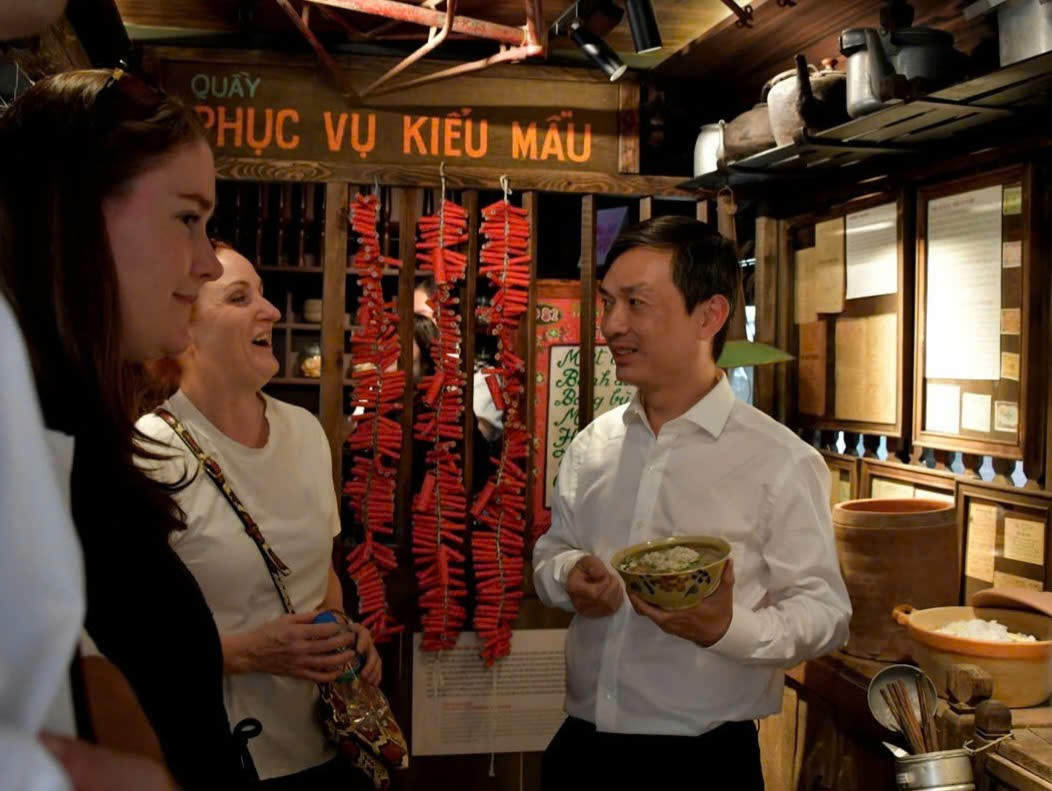

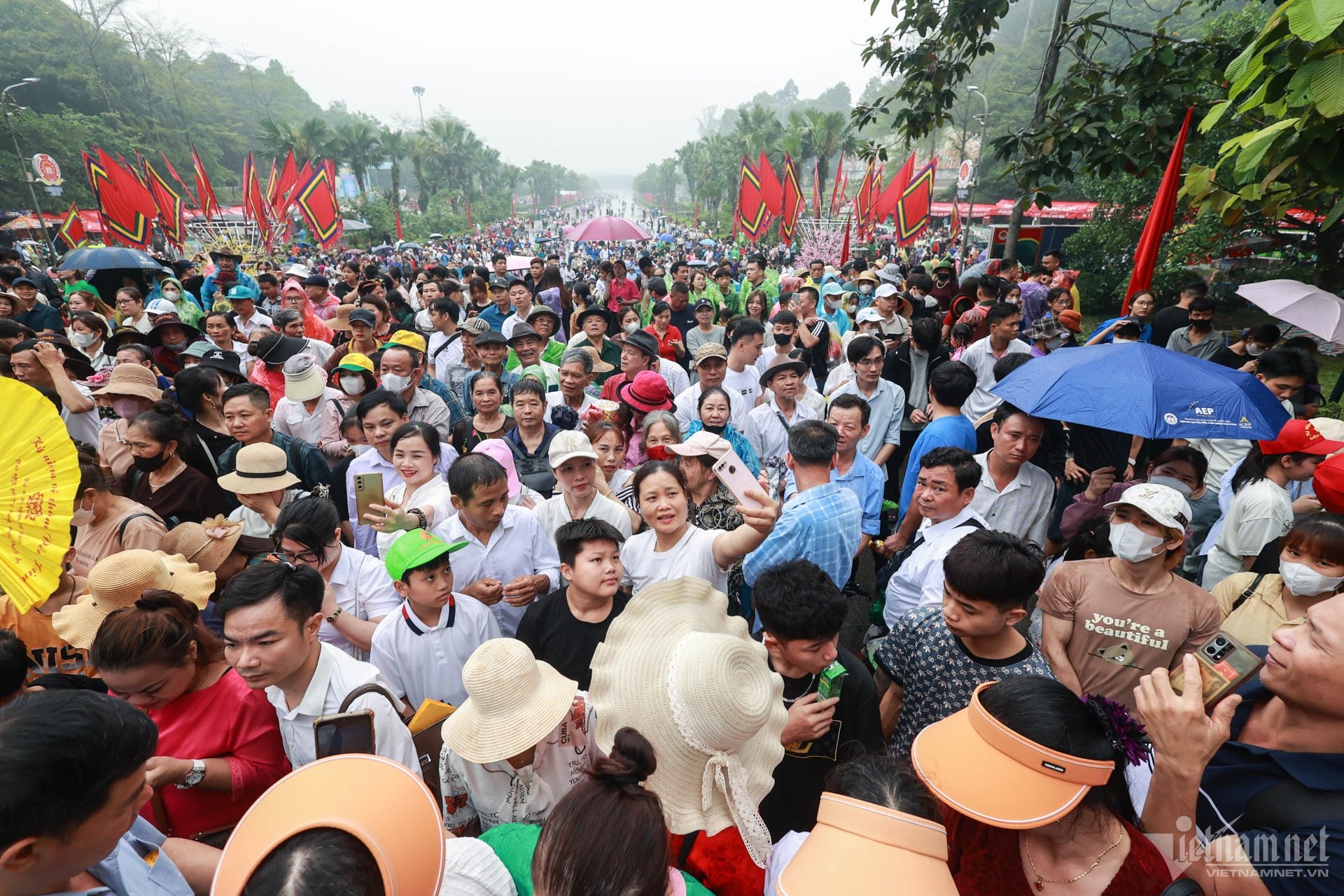
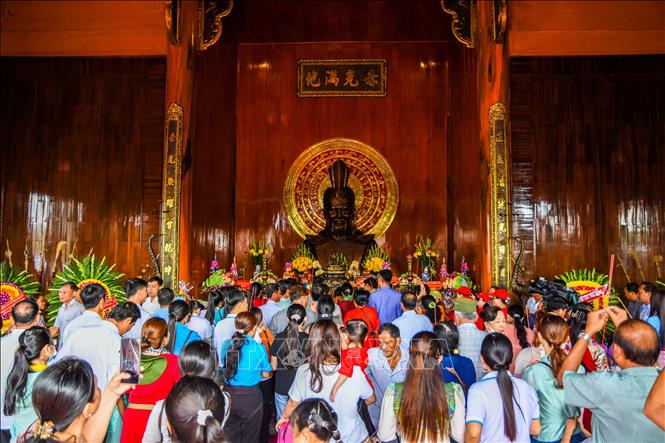




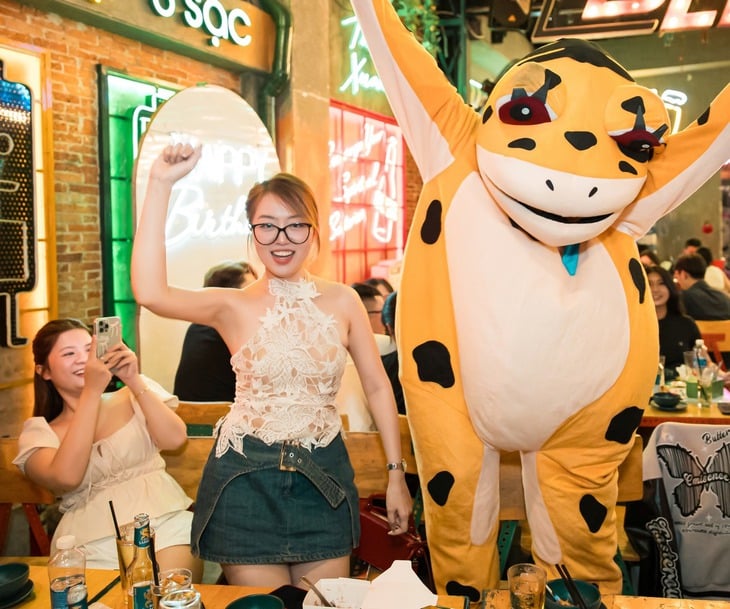


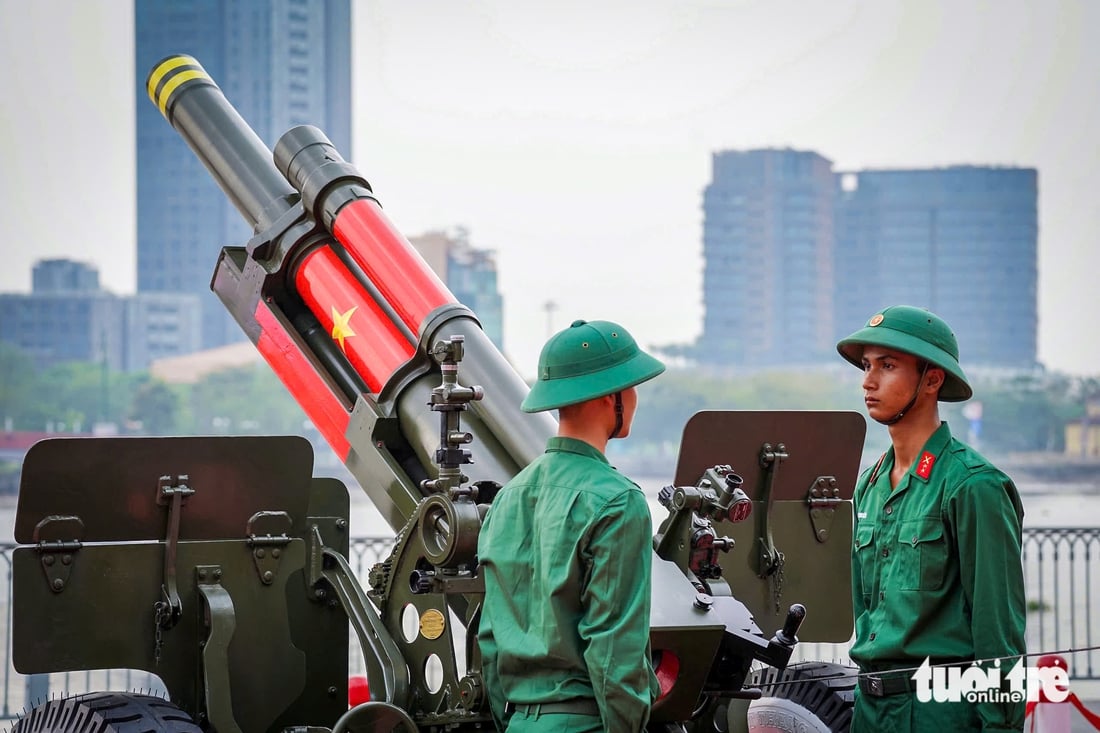
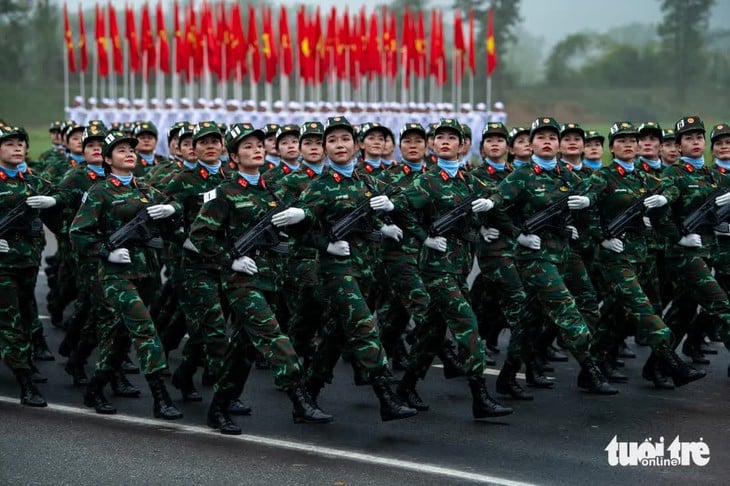








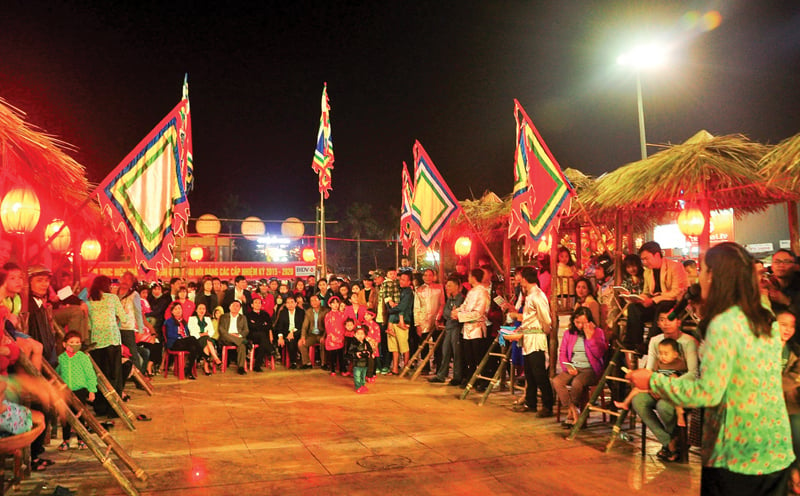

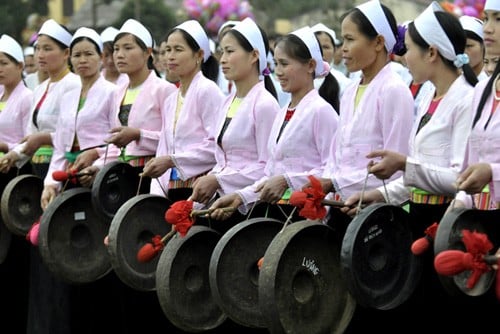

















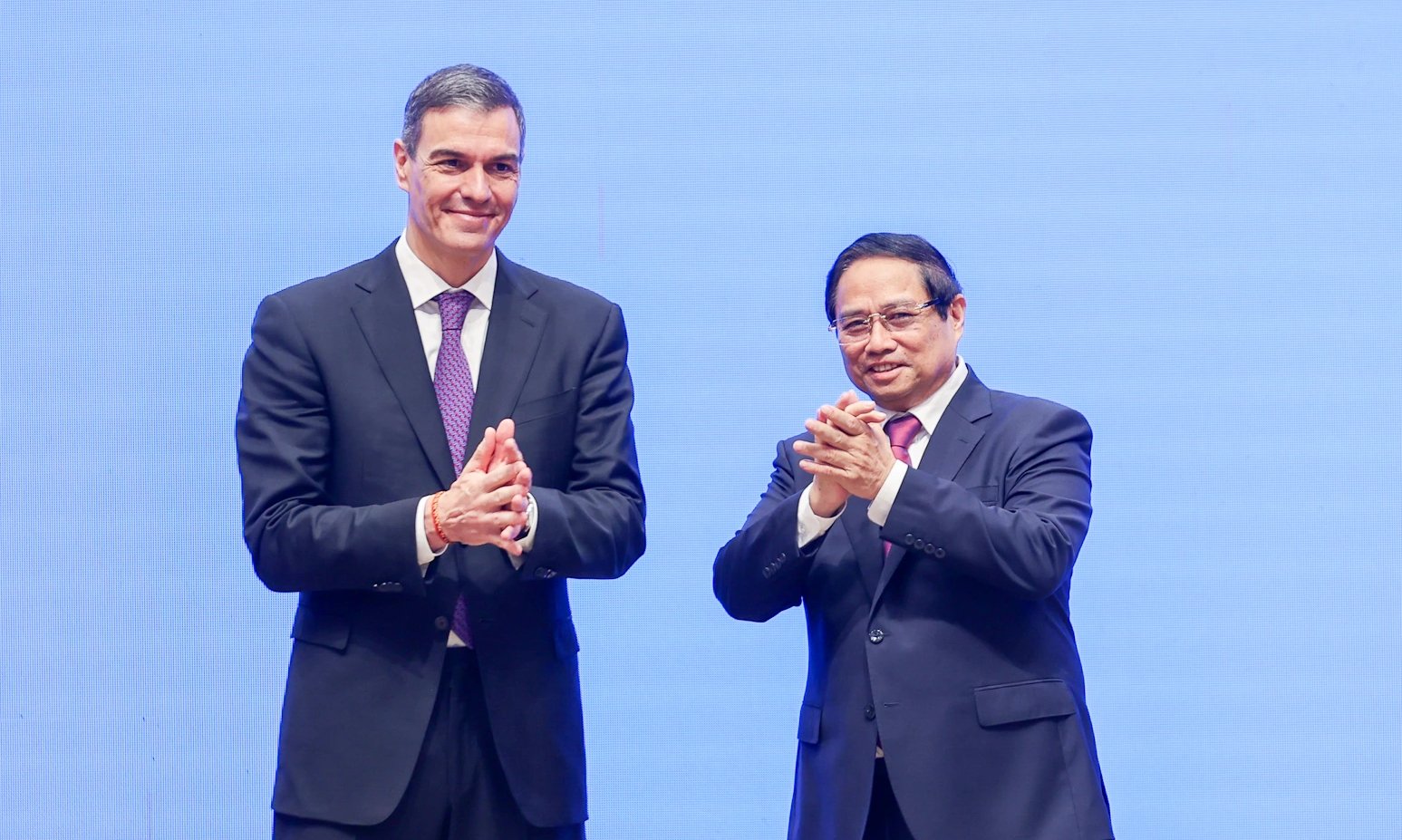



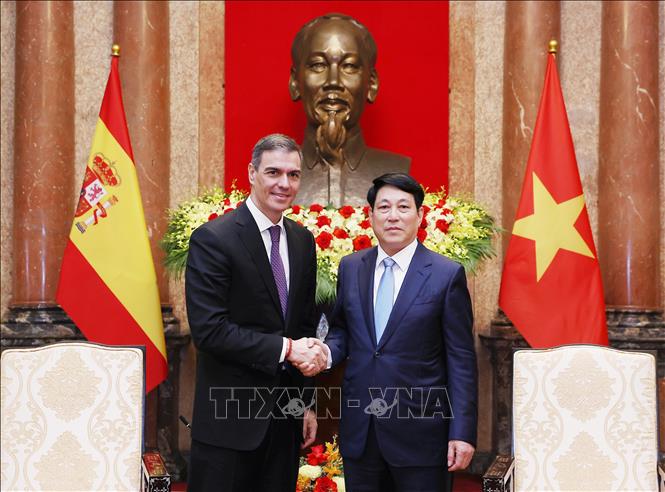








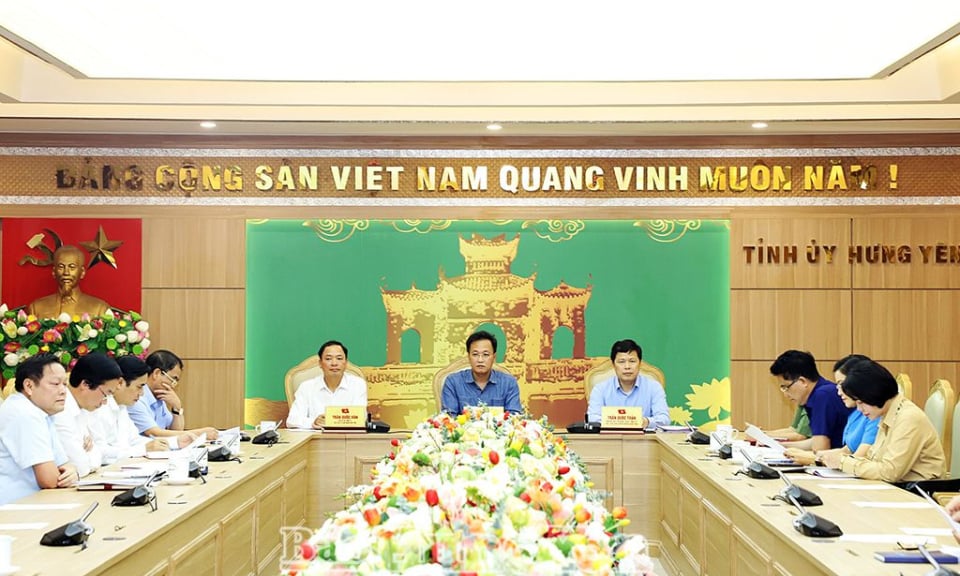
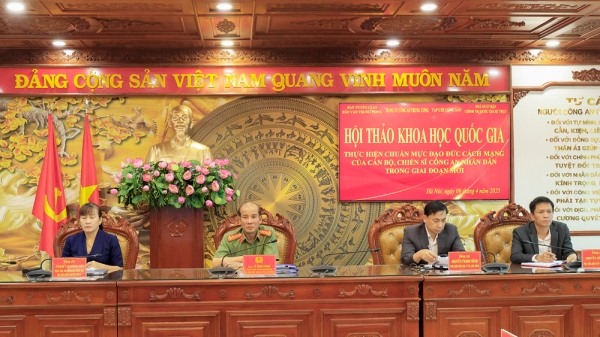
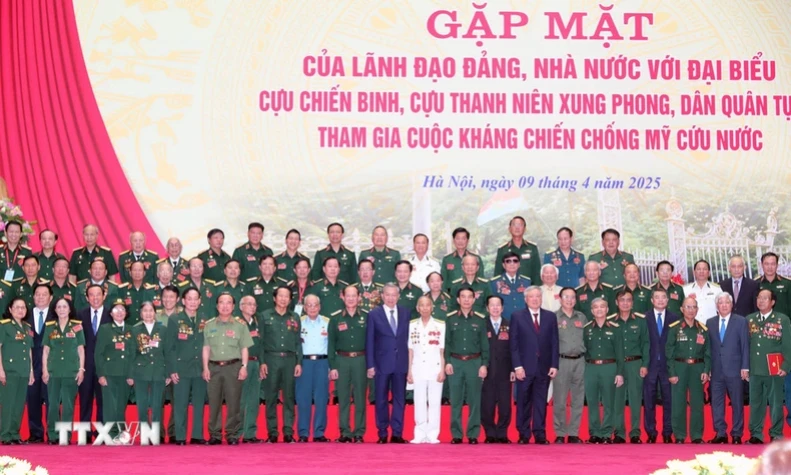
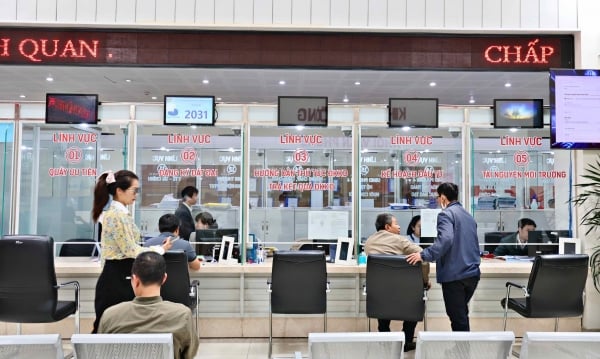
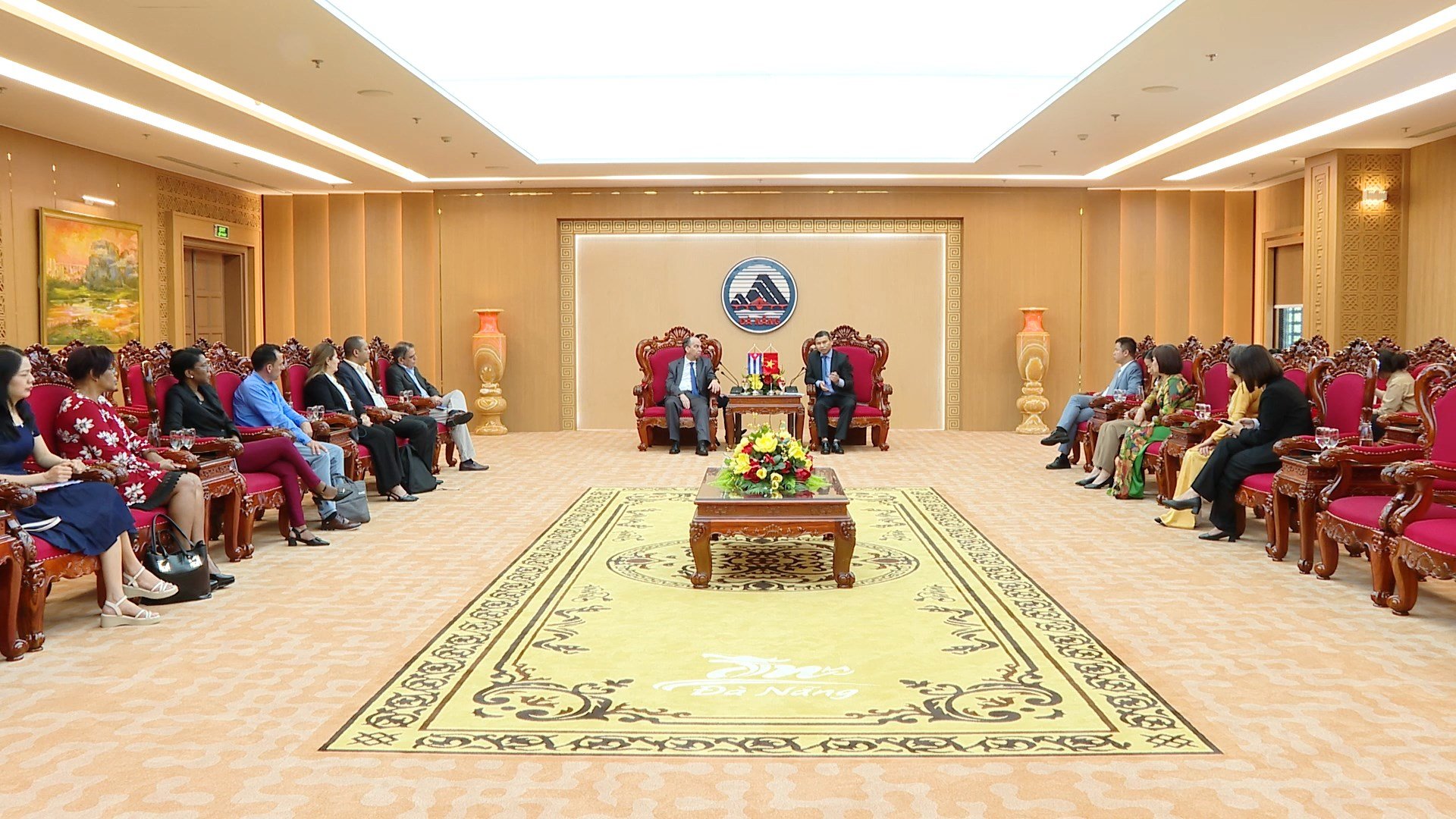
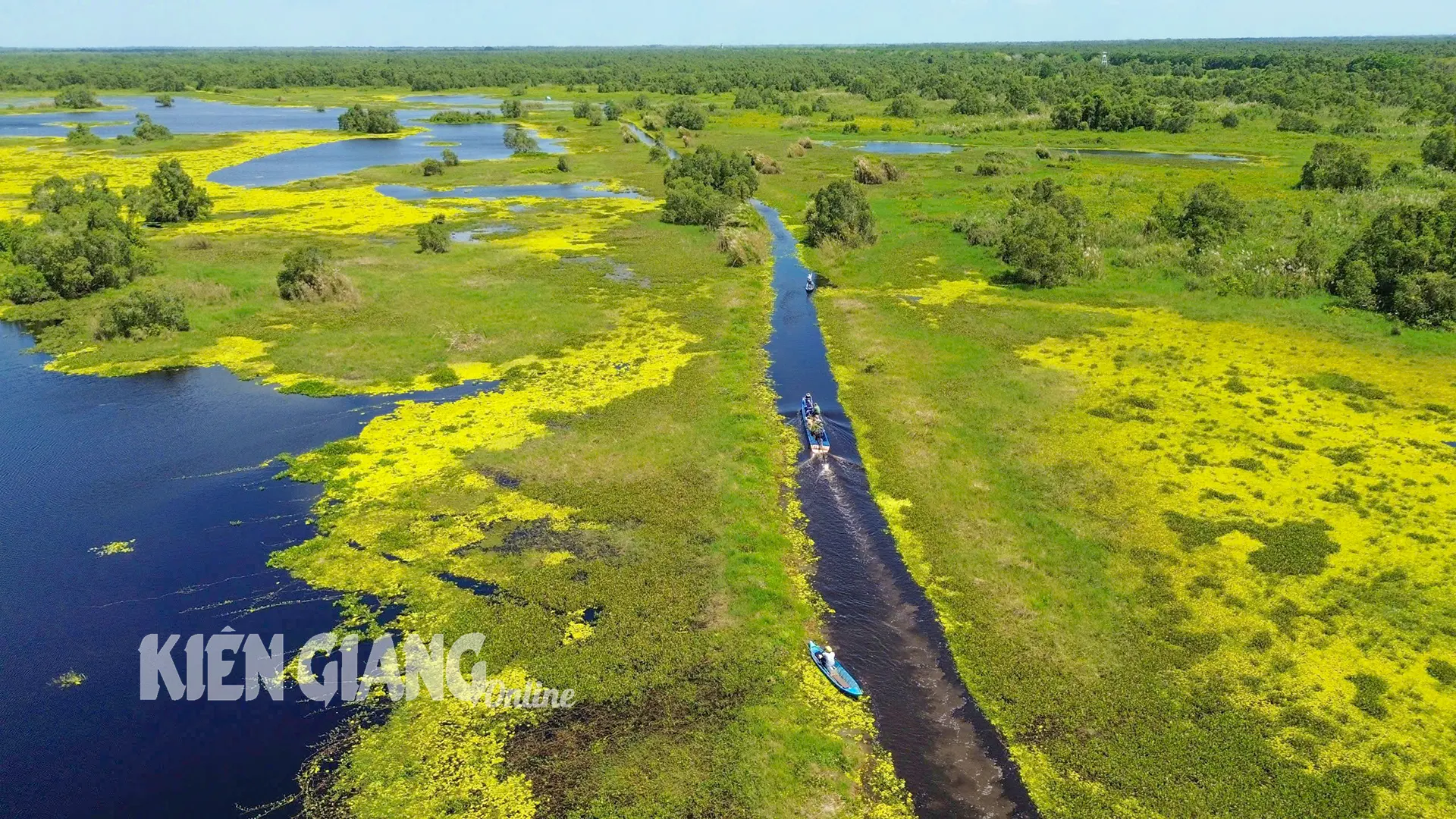










Comment (0)